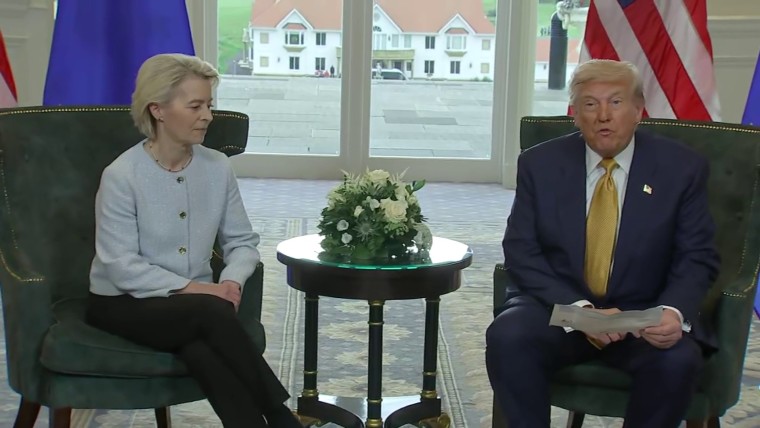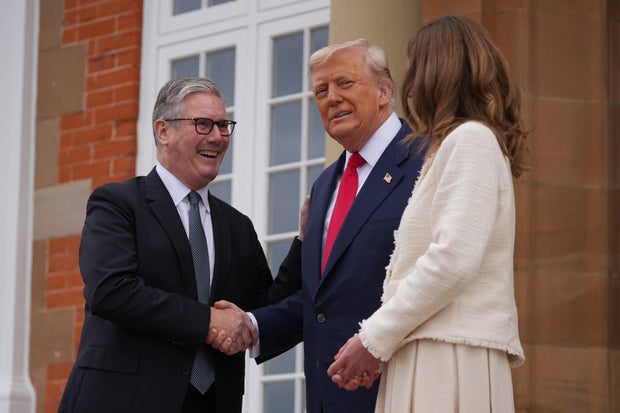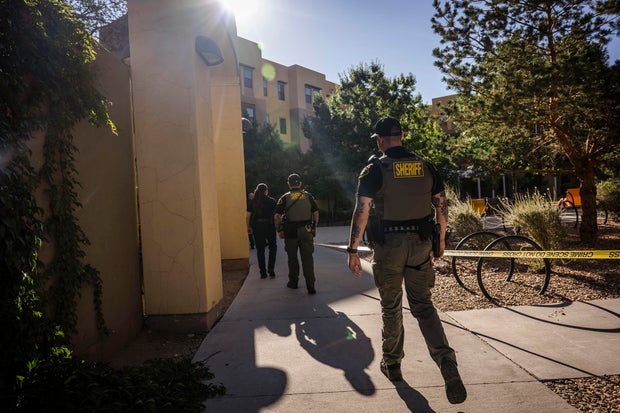
By Michelle Nichols
UNITED NATIONS (Reuters) -The United States urged the United Nations Security Council on Monday to adjust its sanctions on Syria to help the country’s government prevail in what the acting U.S. ambassador described as “the fight against terrorism.”
After 13 years of civil war, Syria’s President Bashar al-Assad was ousted in December in a lightning offensive by insurgent forces led by the Islamist Hayat Tahrir al-Sham (HTS).
Formerly known as the Nusra Front, HTS was al Qaeda’s official wing in Syria until breaking ties in 2016. Since May 2014, the group has been on the United Nations Security Council’s al Qaeda and Islamic State sanctions list and subjected to a global asset freeze and arms embargo.
A number of HTS members are also under U.N. sanctions – a travel ban, asset freeze and arms embargo – including its leader, Ahmed Sharaa, who is now Syria’s interim president.
The United States is working with Security Council members to review Syria-related sanctions, acting U.S. Ambassador to the U.N. Dorothy Shea said on Monday.
“The Syrian government has made a clear commitment to combat al Qaeda and ISIL (Islamic State), and both groups are equally clear that they oppose the new government and are threatening to destroy it. Council members should not take those threats lightly,” she told a Security Council meeting on Syria.
“The Council can – and must – adjust its sanctions so the Syrian government can prevail in the fight against terrorism, while keeping the most dangerous and unrepentant actors designated,” she said.
U.S. President Donald Trump announced a major U.S. policy shift in May when he said he would lift U.S. sanctions on Syria.
United Nations sanctions monitors have seen no “active ties” this year between al Qaeda and the Islamist group leading Syria’s interim government, according to an unpublished U.N. report, a finding that could strengthen the U.S. push to ease some U.N. sanctions on Syria.
(Reporting by Michelle Nichols; Editing by Nia Williams)



